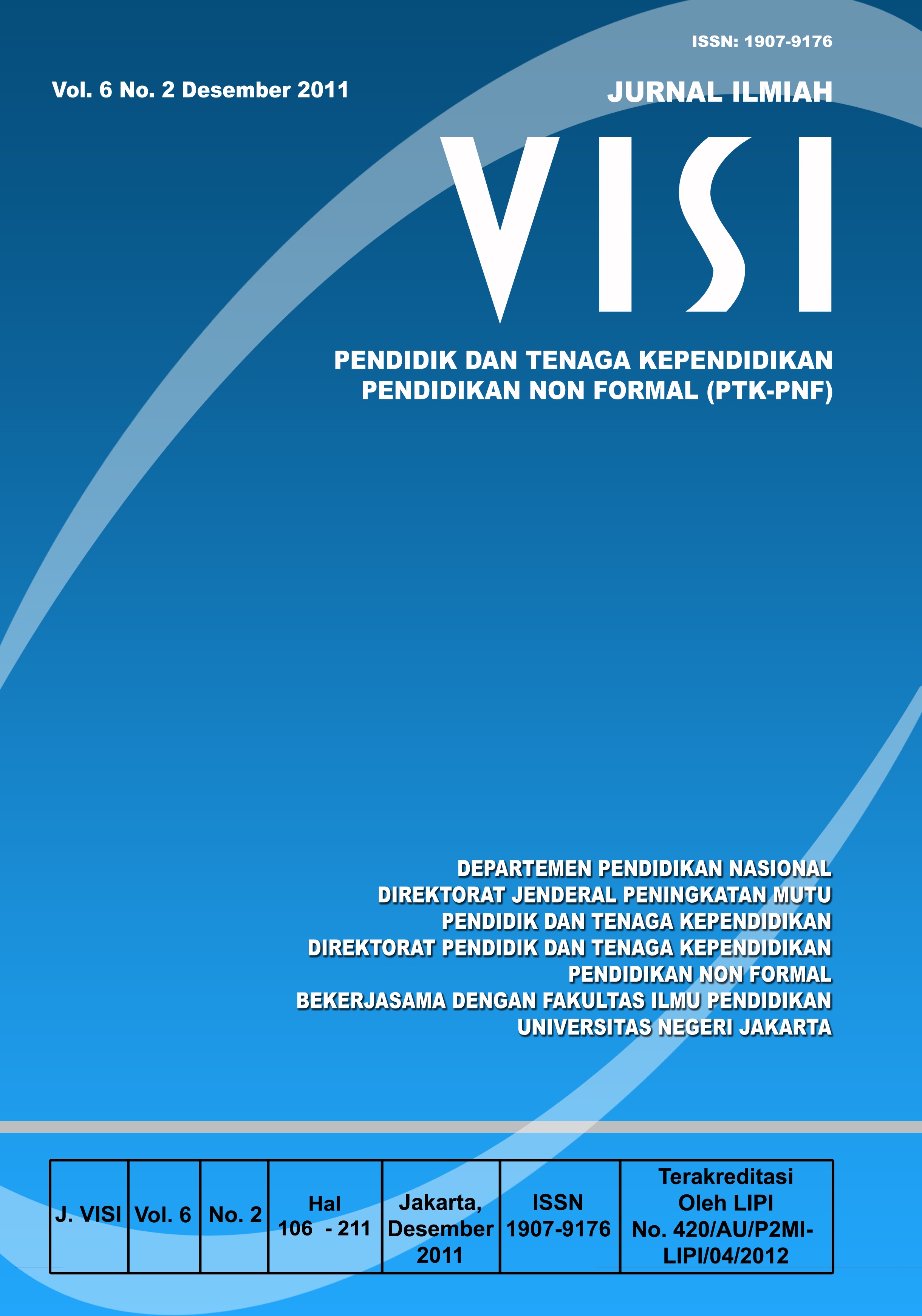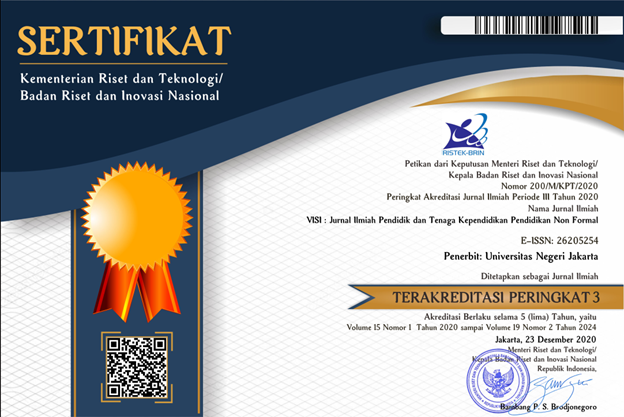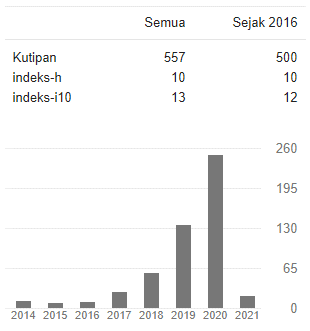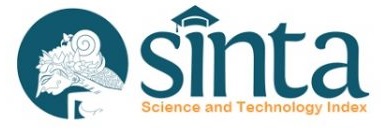POLA PENGENDALIAN SOSIAL MASYARAKAT MULTIKULTURAL
Abstract
The result of this research indicated that: (1) the couses of Dayak, Melayu and Madura ethnics in Sebangki Villages, Landak District, West Kalimantan avoided from conlict are because of the competition of jobs
order are very little. The limitation of physical infrastructures building like: streets, electricity, and telephone or celularphone that can be used for social movement, relatively long distance between village to village and the most of existing government and education institution, as well as institutions of religious, politics, and the family function still are efectif to maintain threir daily social life; (2) social interactional models between Dayak,Melayu and Madura can be conducted through married system, economic activities, institutions: of adat Dayak Kanayatn, social/ education, religious, and politics; (3) the construction of
social capital between those etnics is very strong ; (4) the social engineering which conducted by government institution and the existing institutions of: adat, social/ education, religious, politics, and the family function in Sebangki villages are very high. The methods of social control within multicultural ethnics in Sebangki use persuasive and coersief techniques. This techniques may be appropriate because they can give positive responses for the whole people as well as motivate people to have more interactions and consequently tighten the social capital and social integration among ethnics in Sebangki.
Authors who publish with this Journal agree to the following terms:
- Author retain copyright and grant the journal right of first publication with the work simultaneously licensed under a creative commons attribution licensethat allow others to share the work within an acknowledgement of the work’s authorship and initial publication of this journal.
- Authors are able to enter into separate, additional contractual arrangementfor the non-exclusive distribution of the journal’s published version of the work (e.g. acknowledgement of its initial publication in this journal).
- Authors are permitted and encouraged to post their work online(e.g. in institutional repositories or on their websites) prior to and during the submission process, as it can lead to productive exchanges, as well as earlier and greater citation of published works.
- Users/public use of this website will be licensed to CC BY-NC-SA Creative Commons Attribution-NonCommercial-ShareAlike 4.0 International License









